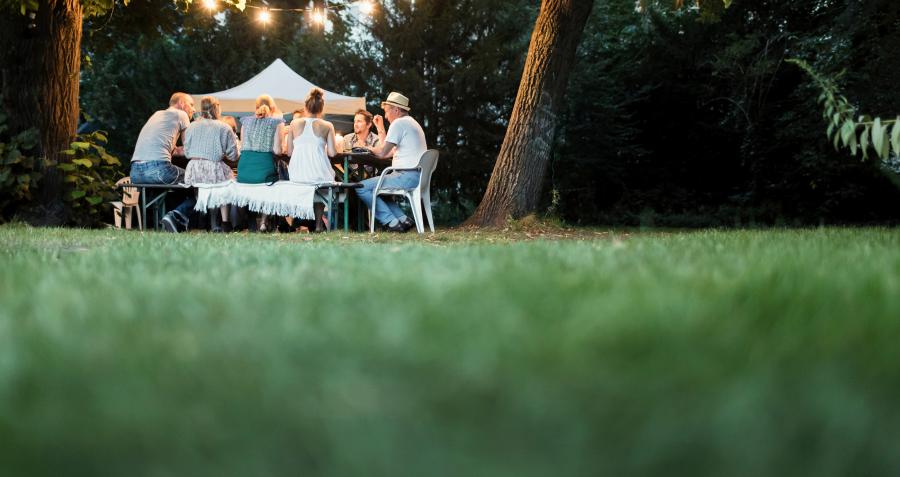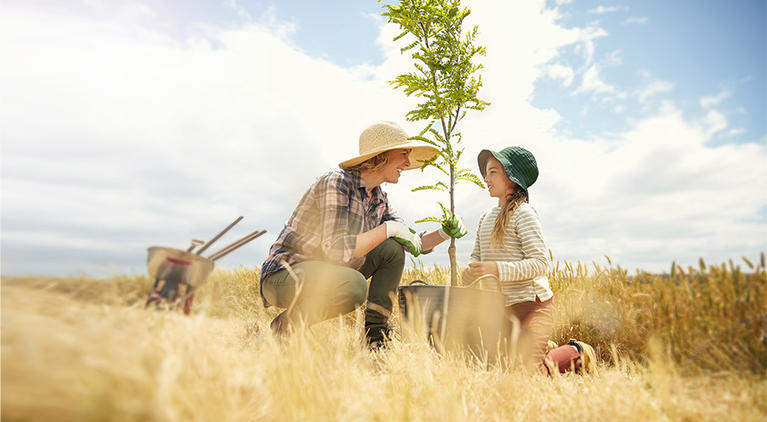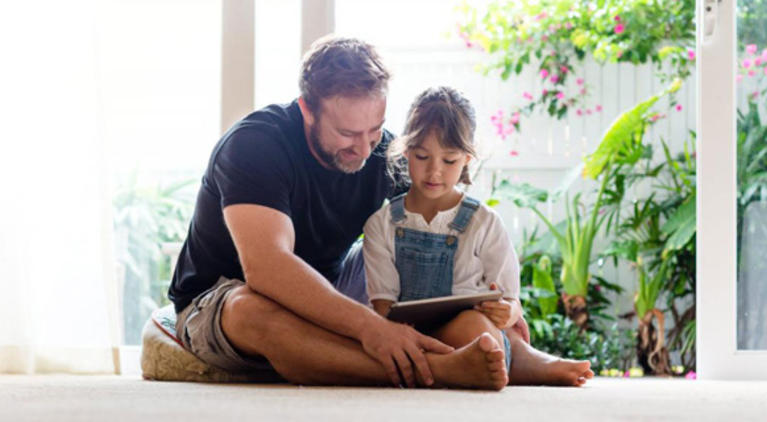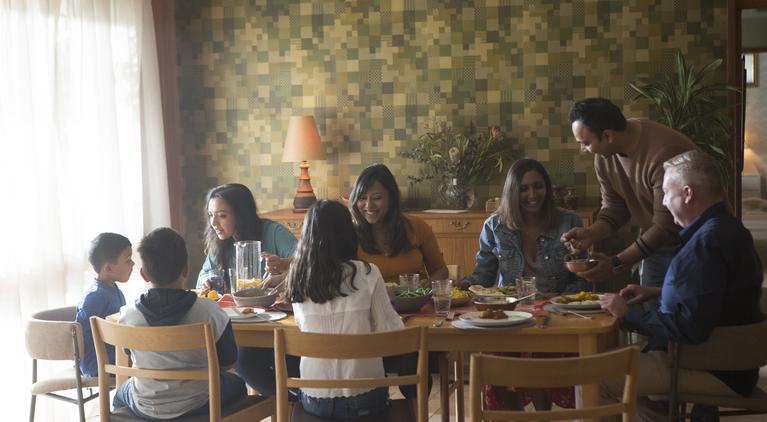Keep your cool this summer by taking your cooking outdoors – nothing beats the smell of steak and snags on the barbie while surrounded by family and friends. Here’s some helpful tips for hosting a barbecue that doesn’t impact on the environment or break the bank.
The perfect season for entertaining outdoors is approaching and now is the best time to upgrade your barbecue.
Choose your fuel
Gas is the most energy-efficient fuel type. It also releases less CO2 emissions when cooking compared to other common fuel types, such as charcoal. However, if you can’t resist the smoky, chargrilled taste that charcoal offers, purchase briquettes that are free of added nasties such as organic or all-lump natural brands.
Most gas barbecues are self-starting, whereas charcoal requires lighter fluid or firelighters. Avoid petroleum-based lighter fluids or self-lighting charcoal as they release petrochemicals into the atmosphere. Instead, opt for natural alternatives or an electronic charcoal starter.
Disposing of the fuel is just as important to hosting an eco-friendly barbecue as is the cooking process. LPG gas cylinders can be refilled or replaced at the outlet where they were purchased, while pure charcoal ash is a great garden fertiliser.
Select your size
The size of your barbecue will also affect its energy efficiency. The bigger the barbecue, the longer it will take to heat up. Think about how many people you would normally cook for and only buy what you need.
Barbecue efficiently
The longer you have your barbecue running, the more energy it will use. Planning ahead will mean that you have the food ready to start cooking as soon as the grill is hot enough.
Once you’ve started cooking, keep the lid down to help maintain the temperature and distribute the heat evenly.
A change in weather is one of the main factors impacting on the amount of energy you use, so summer’s a great time to reassess and ensure you're on the right energy plan. Try EnergyAustralia’s online energy quote tool to find the right plan for you.




